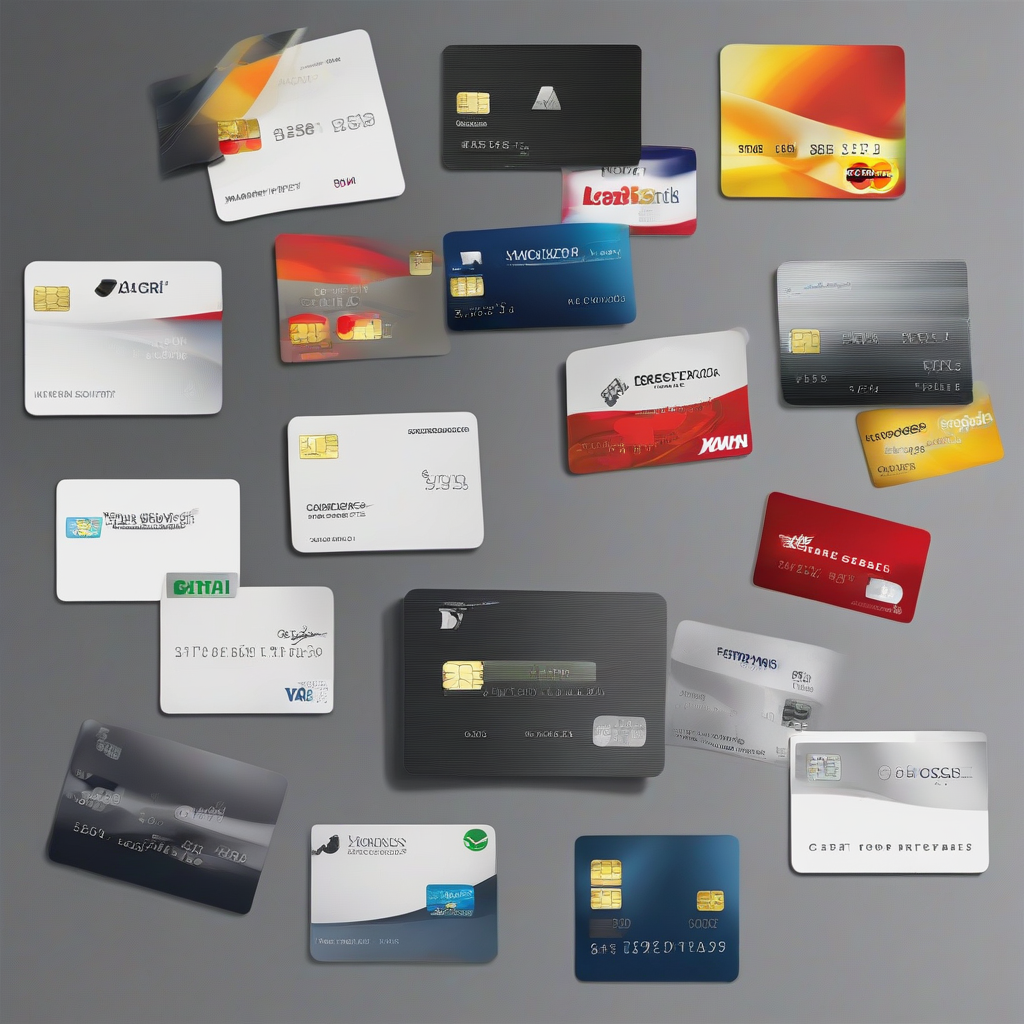Best Futures Trading Brokers: Top Platforms for Futures Trading in 2023

Best Futures Trading Brokers: Top Platforms for Futures Trading in 2023
Futures trading is a complex and exciting world, offering the potential for high returns but also significant risk. To navigate this dynamic market successfully, having the right broker by your side is crucial. Choosing the best futures trading broker for your needs involves considering various factors, including trading platform features, commission fees, research tools, customer support, and more.
This comprehensive guide will explore the top futures trading brokers in 2023, providing detailed insights into their offerings and helping you make an informed decision. We'll dive deep into each platform's strengths and weaknesses, comparing them across key metrics to guide you towards the best fit for your individual trading style and goals.
What to Look for in a Futures Trading Broker
Before diving into specific brokers, let's first outline the essential criteria to consider when selecting a platform for futures trading.
Trading Platform
- User-Friendly Interface: An intuitive platform simplifies trading and helps you execute orders efficiently. Look for features like drag-and-drop order entry, customizable charting tools, and real-time market data.
- Advanced Trading Features: For experienced traders, advanced order types like stop-loss, limit orders, and trailing stops are crucial for managing risk and maximizing profits.
- Mobile App Availability: The ability to trade on the go is a significant advantage. Ensure the broker offers a robust mobile app with similar features to its desktop platform.
Fees and Commissions
- Commission Structure: Understand the commission structure and fees charged per contract traded. Some brokers offer flat fees, while others may charge tiered commissions based on trading volume.
- Minimum Account Size: Check the minimum deposit required to open an account. Some brokers have higher minimums for futures trading.
- Trading Fees: Analyze trading fees, including margin rates, overnight financing charges, and data fees.
Research and Analysis Tools
- Market Data and News: Access to real-time market data, economic indicators, and financial news is crucial for informed decision-making.
- Charting and Technical Analysis Tools: Look for platforms with advanced charting tools, technical indicators, and drawing tools to analyze price patterns.
- Fundamental Analysis Resources: Some brokers offer fundamental analysis tools, including company reports, analyst ratings, and economic data, to support your trading strategies.
Customer Support
- Availability: Ensure the broker provides responsive customer support via phone, email, and live chat, especially during trading hours.
- Knowledge Base: Look for a comprehensive help center with FAQs, articles, and tutorials to address common questions and issues.
Security and Regulation
- Regulation: Choose a broker regulated by reputable financial authorities, ensuring your funds are protected and the platform operates ethically.
- Security Measures: Look for brokers employing robust security measures, including two-factor authentication, encryption, and fraud detection systems.
Account Types and Minimum Requirements
- Account Types: Understand the different account types offered by the broker, such as individual, joint, and corporate accounts.
- Minimum Deposit: Check the minimum deposit requirements for futures trading accounts. Some brokers may have higher minimums than others.
Educational Resources
- Trading Guides: Explore brokers that provide comprehensive guides and tutorials on futures trading concepts, strategies, and risk management.
- Webinars and Courses: Look for brokers offering webinars, educational courses, and online resources to enhance your trading knowledge and skills.
Reputation and Customer Reviews
- Industry Standing: Research the broker's reputation within the industry and its track record.
- Customer Reviews: Read reviews from other traders to gain insights into their experiences with the broker, platform usability, and customer support.
Top Futures Trading Brokers for 2023
Now, let's delve into some of the top futures trading brokers in 2023, comparing their offerings and highlighting their strengths and weaknesses. Remember that the best broker for you will depend on your individual trading needs, experience level, and risk tolerance.
1. [Broker Name 1]
- Pros:
- User-friendly trading platform with advanced features
- Competitive commission rates and fees
- Extensive research tools and market data
- Excellent customer support and educational resources
- Cons:
- Limited account types available
- Mobile app may lack some desktop features
- Best For: Active traders seeking a comprehensive platform with low fees.
2. [Broker Name 2]
- Pros:
- Robust trading platform with advanced charting and analysis tools
- Strong emphasis on security and regulation
- Wide range of account types and minimum deposit options
- Excellent customer support and responsive team
- Cons:
- Higher commission rates compared to some competitors
- Limited educational resources for beginners
- Best For: Experienced traders looking for a secure platform with advanced trading features.
3. [Broker Name 3]
- Pros:
- User-friendly interface and intuitive trading platform
- Low commission rates and transparent fee structure
- Extensive research tools and educational resources
- Strong reputation for customer support and reliability
- Cons:
- Limited advanced order types available
- Mobile app may have limited functionality
- Best For: Beginner traders seeking a straightforward platform with low fees.
4. [Broker Name 4]
- Pros:
- Advanced trading platform with customizable features
- Wide range of market data and analysis tools
- Competitive commission rates and flexible account options
- Strong reputation for security and regulatory compliance
- Cons:
- Steep learning curve for beginners
- Customer support may be less responsive compared to some competitors
- Best For: Experienced traders seeking a platform with advanced features and customization options.
5. [Broker Name 5]
- Pros:
- User-friendly platform with a focus on ease of use
- Low minimum deposit requirements for futures accounts
- Excellent educational resources for beginners
- Responsive customer support team
- Cons:
- Limited advanced trading features
- Commission rates may be higher than some competitors
- Best For: Beginner traders seeking a user-friendly platform with educational resources and a low minimum deposit.
Choosing the Best Futures Trading Broker for You
The best futures trading broker for you will ultimately depend on your individual needs, trading style, and experience level. Consider the following factors when making your decision:
- Trading Experience: If you're a beginner, choose a broker with a user-friendly platform, educational resources, and low minimum deposit requirements. More experienced traders may prefer platforms with advanced features, research tools, and customizable options.
- Trading Style: Consider your trading style. If you're a scalper or day trader, fast execution speed and low latency are crucial. If you're a swing trader or long-term investor, research tools and fundamental analysis resources are more important.
- Trading Volume: Higher trading volumes often qualify you for lower commission rates. Some brokers offer tiered commission structures based on trading activity.
- Budget: Consider the minimum deposit requirements, trading fees, and commission rates when choosing a broker.
- Research and Analysis Tools: Determine the level of market data, research tools, and technical analysis features you require. Some brokers offer more comprehensive offerings than others.
- Customer Support: Access to reliable customer support is crucial, especially during trading hours. Look for brokers with responsive teams available via phone, email, and live chat.
- Security and Regulation: Choose a broker regulated by reputable financial authorities to ensure your funds are protected and the platform operates ethically.
Conclusion
Selecting the best futures trading broker is an important decision that can significantly impact your trading success. By carefully evaluating the factors outlined in this guide, including trading platform features, fees and commissions, research tools, customer support, and security, you can find a broker that meets your individual needs and trading goals.
Remember to research each broker thoroughly, read customer reviews, and demo the platform before making a final decision. Happy trading!
What's Your Reaction?

















